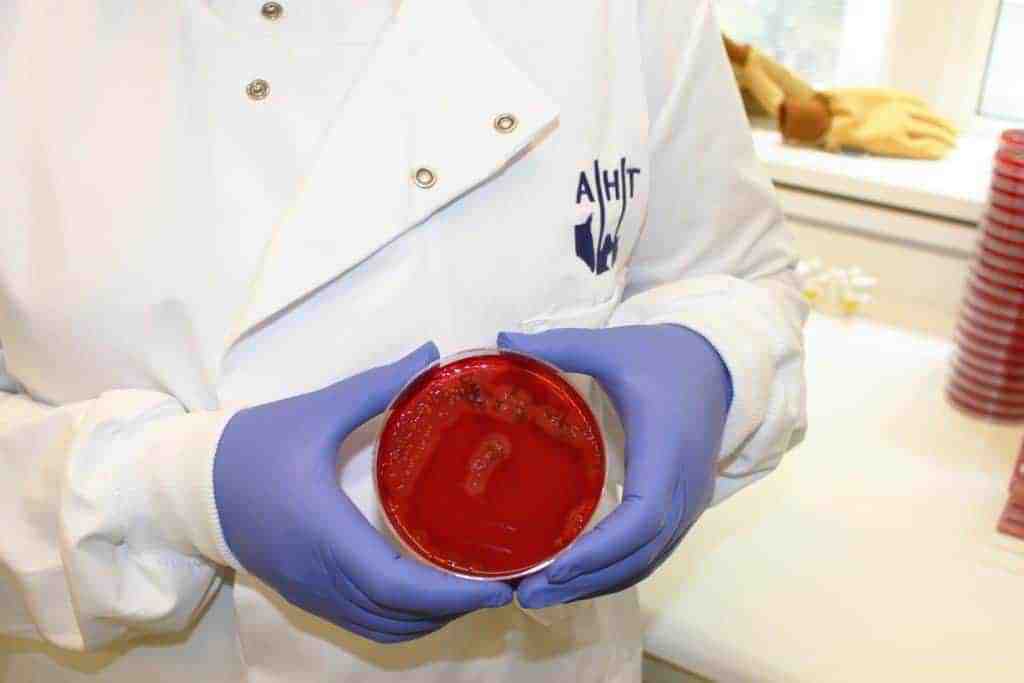
Blood Test Misses Mark for Diagnosing Equine Gastric Ulcers
Still, the researchers say they hope continued research on the topic will make equine gastric ulcers easier to diagnose.

Still, the researchers say they hope continued research on the topic will make equine gastric ulcers easier to diagnose.

Scientists sought an answer but found there’s no perfect bedding for all situations. Each has benefits and drawbacks.

A technique developed to investigate strangles helped scientists understand the bacteria behind human sore throats.

Gene doping’s effects, good or bad, remain unclear. It might not affect performance and could have serious side effects.

Researchers found a similar prevalence of laminitis in Australian horses and ponies as in America and Europe.

The “Gaitkeeper” gene mutation has been linked to success in trotting races in Standardbreds.

Learn about the innerworkings of horses’ digestive tracts and how the bacteria that reside there impact health.

Dentistry—including balanced alignment of the teeth and jaws—is an important part of good horse health and welfare.

An “athletic” heart is a heritable characteristic linked to good endurance performance, researchers confirmed.

Study horses returned to full health after tendon and ligament injuries and treatment without adverse side effects.

While aloe vera appeared to have some benefits, researchers say omeprazole remains the treatment of choice.

Horses’ RNA could contain clues about even the sneakiest substance abuse cases, researchers have learned.

Find tips on how to extend horses’ “health spans,” maximize performance years, and maintain a good quality of life.

The most common fracture sites in competition and leisure horses were the medial splint bone and the head.

This rare, but potentially catastrophic, complication occurs in less than 1% of colic surgery patients.

Out of nearly 1,000 randomly chosen horses, 85% had at least one hoof disorder visible during a regular farrier visit.
Stay on top of the most recent Horse Health news with
"*" indicates required fields